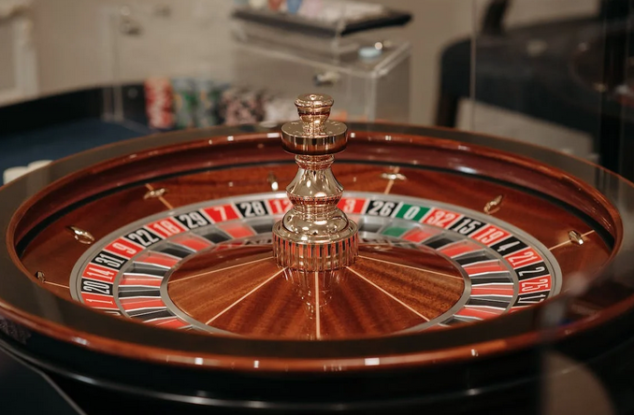Whether you’re a professional gambler or just a casual player playing for fun, there’s no denying the thrill of the casino floor. But did you know that your own mind may be working against you? That’s right, cognitive biases can play a major role in how we approach online slots and roulette tables.
In this blog post, we’ll explore some common cognitive biases that affect players like you and discuss strategies to overcome them. So buckle up, because it’s time to dive deep into the fascinating world of cognitive biases in gambling.
Gambler’s Fallacy
Picture this: you’re sitting at a roulette table, watching the wheel spin round and round. The ball lands on red ten times in a row. What do you do? If your answer is to bet big on black because “it’s due” or “it’s bound to happen,” then congratulations – you’ve fallen victim to the Gambler’s Fallacy. The Gambler’s Fallacy is basically when you believe the previous outcomes can influence future ones, even when each event is independent of one another. It tricks our minds into thinking that there must be some sort of pattern or balance in play when, in reality, it’s all just chance.
So why does this matter? Well, if you base your bets on false assumptions like the Gambler’s Fallacy, your chances of winning diminish significantly. Each spin of every single roulette wheel is an independent event with its own set of odds; what happened before has no bearing on what will happen next.
Loss Aversion

Loss aversion is a cognitive bias that affects many slot and roulette players. It refers to the tendency for people to feel the sudden pain of losses more strongly than all the pleasure of gains combined. In other words, losing $100 feels worse than winning $100 feels good. This bias can wreak havoc on the gambling behavior. Players may become overly cautious and hesitant to take risks because they are afraid of losing money. They may also chase their losses, continuing to gamble in an attempt to recoup what they have lost.
Another way loss aversion manifests itself is through “near-miss” experiences. These occur when players come close to winning but ultimately fall short. Research has shown that near-misses actually increase motivation and prolong gambling behavior because they trigger feelings of regret and compel players to keep trying.
Confirmation Bias
 In the context of slot and roulette players, confirmation bias might easily lead someone to believe that they have a lucky charm or specific strategy that will guarantee success. They may selectively remember the times when this belief seemed to work in their favor while conveniently forgetting the countless times it did not. For example, if a player believes that betting on red is luckier than black in roulette, they may only pay attention to instances where red wins and dismiss any losses associated with this bet. This biased perception can give them false confidence and encourage more risky behavior.
In the context of slot and roulette players, confirmation bias might easily lead someone to believe that they have a lucky charm or specific strategy that will guarantee success. They may selectively remember the times when this belief seemed to work in their favor while conveniently forgetting the countless times it did not. For example, if a player believes that betting on red is luckier than black in roulette, they may only pay attention to instances where red wins and dismiss any losses associated with this bet. This biased perception can give them false confidence and encourage more risky behavior.
The Solutions
Now that we understand the cognitive biases that can affect our gameplay, it’s time to explore some solutions. While these biases may be deeply ingrained in human psychology, there are ways to mitigate their impact on your slot and roulette game. The golden keys are awareness, education, setting limits, and taking breaks regularly. If you find that cognitive biases are significantly impacting your enjoyment of gambling or leading to problematic behavior, consider seeking support from professionals such as therapists specializing in addiction or counselors who specialize in gambling-related issues.


